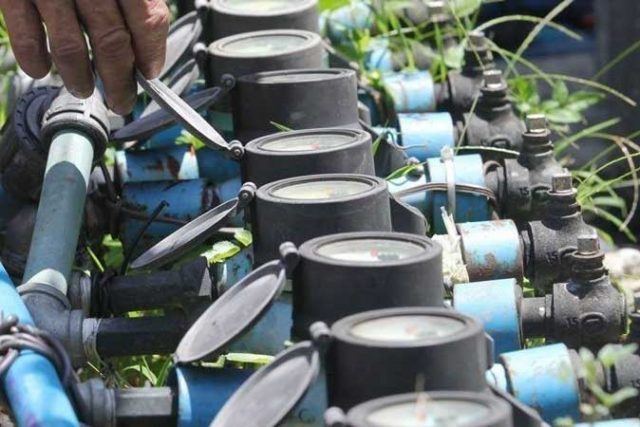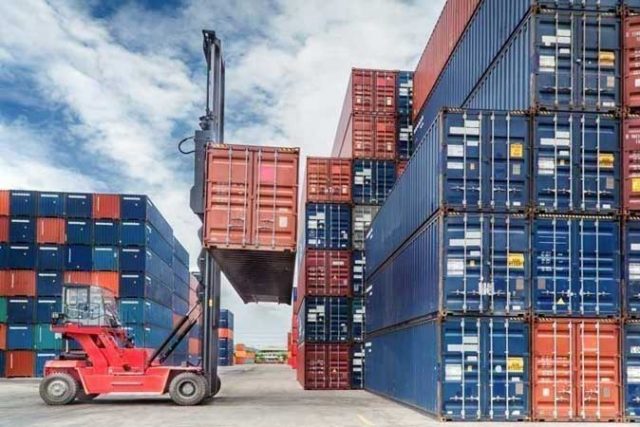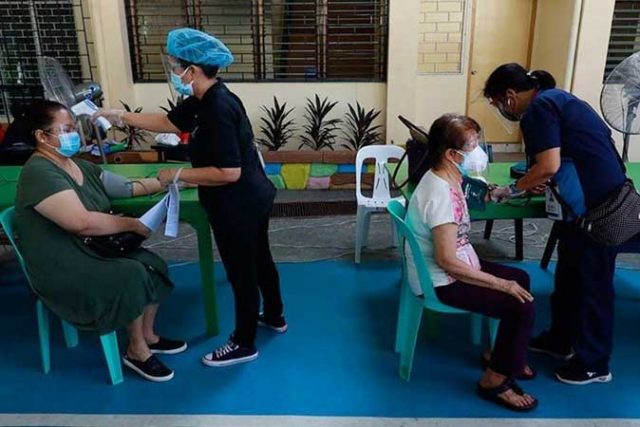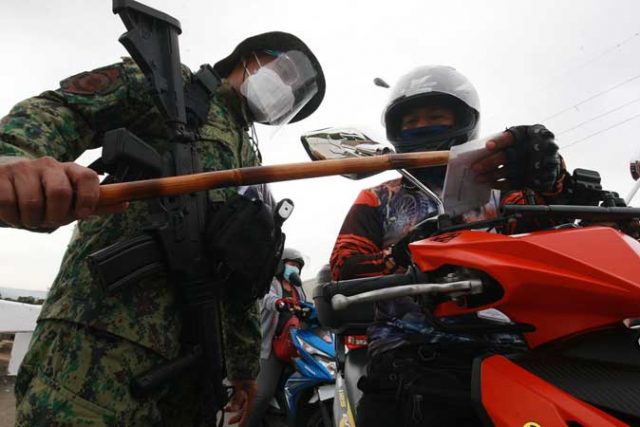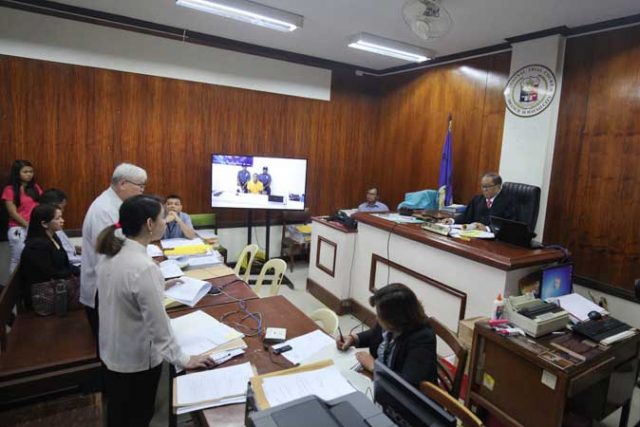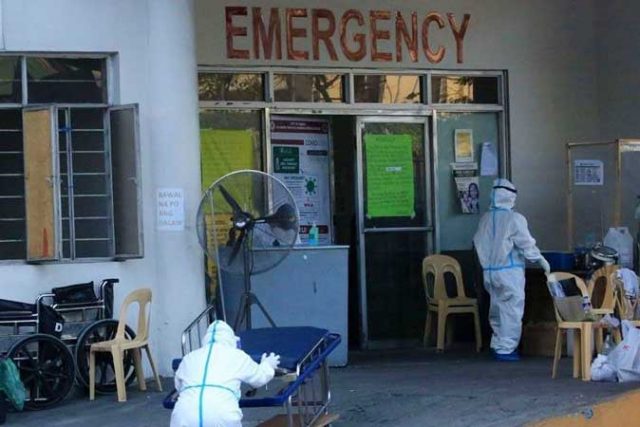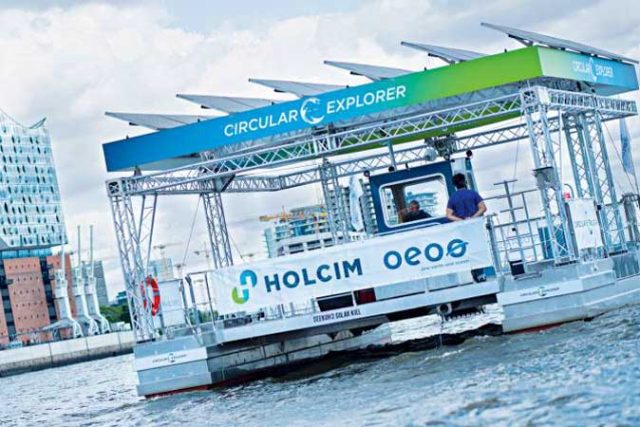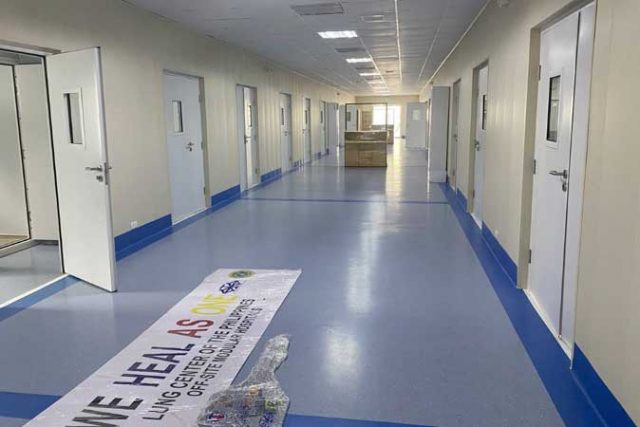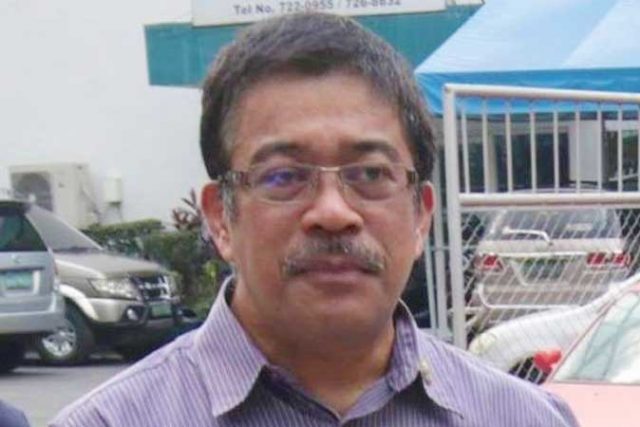By Kyle Aristophere T. Atienza, Reporter
PHILIPPINE health authorities on Thursday said 116 more people had been infected with the more contagious Delta coronavirus variant, hours before Manila, the capital and nearby cities enter a strict lockdown to contain a fresh surge.
This brought the total Delta cases to 331 the Department of Health (DoH) said in a statement. It added that of the new Delta patients, 95 were locals, one was a returning migrant Filipino and 20 were still being verified.
Metro Manila will be under an enhanced community quarantine from Aug. 6 to 20 after researchers from the University of the Philippines warned that the variant from India might be freely roaming in the community.
Of the 95 local cases, 83 had addresses in the National Capital Region, three in Southern Tagalog, four in Central Visayas, two in the Davao region, and one each in Zamboanga Peninsula, Cagayan Valley and Ilocos region, the agency said.
The Health department reported 8,127 coronavirus infections on Thursday, bringing the total to 1.63 million.
The death toll rose to 28,427 after 196 more patients died, while recoveries increased by 4,343 to 1.53 million, it said in a bulletin.
There were 66,895 active cases, 94.6% of which were mild, 1.0% did not show symptoms, 1.9% were severe, 1.3% were moderate and 1.1% were critical.
The agency said 135 duplicates had been removed from the tally, 125 of which were reclassified recoveries. Fifteen recoveries were reclassified as active cases, while 131 recoveries were tagged as deaths.
One laboratory was not operational on Aug. 2, while three others did not submit data.
DoH also said 113 more people had been infected with the Alpha coronavirus variant first detected in the United Kingdom, bringing the total to 1,968.
The country now has 2,268 cases of the Beta variant after 122 more Filipinos got infected with the virus strain first detected in South Africa.
Meanwhile, the presidential palace flagged the increasing health care use rate in the country amid the threat of the Delta variant, which is believed to be 60% more contagious than the Alpha variant.
Presidential spokesman Herminio L. Roque, Jr. told a televised news briefing 61% percent of about 3,800 intensive care unit beds in the country had been used as of Aug. 4. He added that 53% of isolation beds and 52% of ward beds were occupied.
ICU occupancy in Metro Manila was at 59%, Mr. Roque said. Fifty-three percent of its isolation beds and 52% of ward beds had been used.
VACCINE DRIVE
Also on Thursday, Mr. Roque said about 10 million Filipinos have been fully vaccinated, more than five months since the government started its vaccination drive.
“We have reached a very important milestone in our national vaccination program,” he said.
The Philippines gave out a record 700,000 COVID-19 vaccine doses on Tuesday vaccine czar Carlito G. Galvez, Jr. said in a statement. About 233,000 doses were given out in Metro Manila.
“What we projected for the second quarter was just 500,000 jabs daily and the 700,000 mark was our goal for the fourth quarter,” he said.
About 22.48 million doses had been given out as of Aug. 4, 12.2 million of which were first shots, Vivencio B. Dizon, deputy chairman of the government’s pandemic plan, separately told a televised news briefing.
The government seeks to fully vaccinate 15 million Filipinos by the end of the month and sustain the average daily vaccination of 600,000 to 700,000, Health Undersecretary Myrna C. Cabotaje earlier said.
The country is inoculating health workers, outbound migrant Filipino workers, family members of health workers, seniors, seriously ill people, essential workers and the poor.
The rest of Filipinos would get vaccinated as early as next month, she said. The government has yet to issue rules on the vaccination of minors.
The vaccination in Metro Manila would continue during the two-week enhanced lockdown, Mr. Roque said, adding that the National Government would allot four million more vaccines for the region.
Meanwhile, the Health department said workers who fail to get vaccinated won’t be discriminated against in terms of employment.
Under the law, vaccine cards “shall not be considered as an additional requirement for employment purposes.”
President Rodrigo R. Duterte last month warned that vaccine decliners would not be allowed to leave their homes.
The President in June said he would order the arrest of those who refuse to take part in the government’s vaccination program.
He also threatened to require village officials to prepare a list of those who decline to get vaccinated.
Critics have said vaccine shortage, not vaccine hesitancy, is the biggest problem in the government’s immunization program.
Meanwhile, Vice President Maria Leonor “Leni” G. Robredo urged the government to fast-track the distribution of cash aid to low-income residents who will be affected by the metro lockdown.
The government should have by now crafted a better method of cash aid distribution since the capital region had been placed under lockdown before.
Mr. Roque earlier said the cash aid would be distributed before the start of the hard lockdown.
The government has allotted P13.1 billion to fund the financial aid for 10.7 million Metro Manila residents.
Lawmakers have been calling for the passage of a third stimulus measure that seeks to provide P401 to pandemic-hit sectors. Mr. Duterte did not press lawmakers to approve the bill in his last address to Congress.


